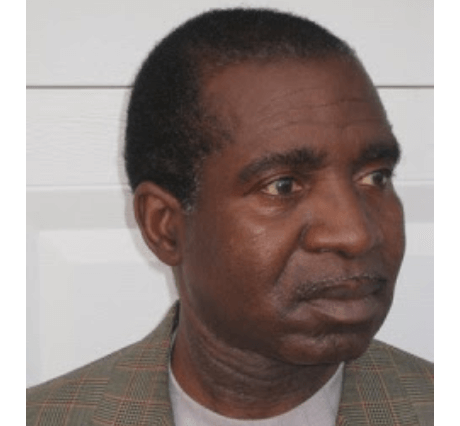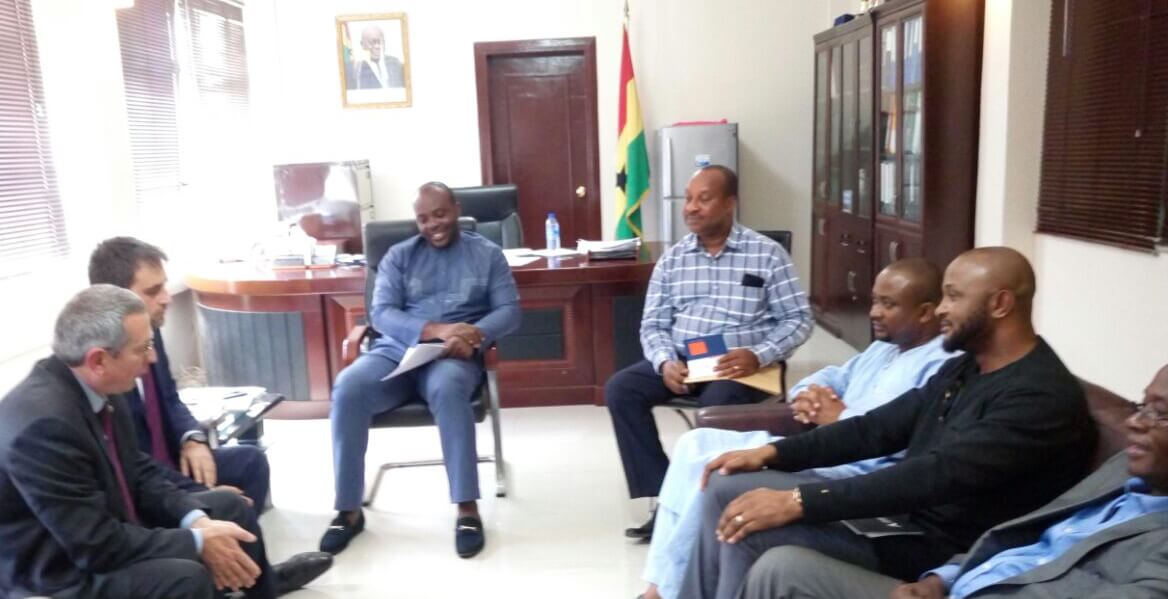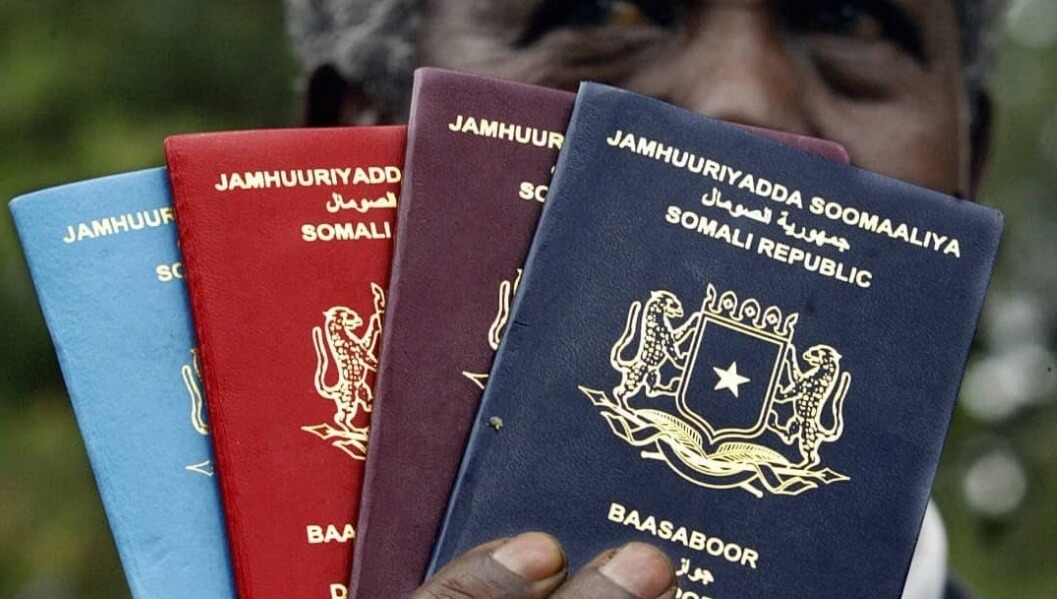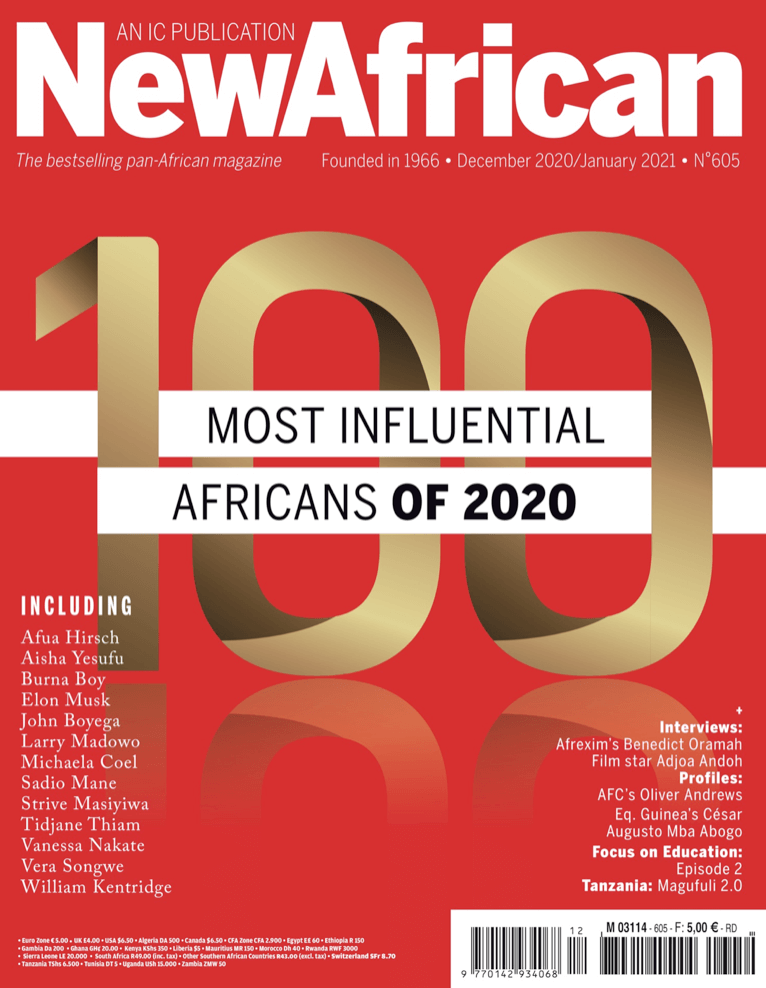Intolerance; a people’s silent destroyer and mind killer.
 |
| Patrick Derby (pictured) and Oral Ofori were high-school mates in Ghana |
Patrick Derby, a former student of Chemu Senior High School located in Ghana’s port city of Tema and also a past student of the University of Cape Coast in the country’s central region believes that it has become clear in recent years that Ghana’s educational and social systems have failed to teach, maintain, and promote tolerance in all spheres of the national fabric. This is more evident in the cheap propaganda peddled by the various political parties, and the social injustices at various institutions inside the country.
With elections approaching soon in Ghana, Patrick Derby, who now lives in Milton Keynes in the United Kingdom feels that his native country, which is one of Africa’s most peaceful and model democracies, must seize the opportune time to address this issue of intolerance by starting from educational institutions inside Ghana.
Mr. Derby believes the best place to start preaching tolerance is right from the grassroots by targeting cultural, religious, and social studies curriculum of various educational institutions and levels in Ghana.
This is necessary because upon a cursory glance at the current educational system, one realizes that emphasis has been placed on teachers to teach the existence of various religions, cultures, and behaviors without really addressing how their students perceive such religions in juxtaposition to theirs and the need to respect the respective differences that exist in these spheres by being very tolerant and respectful of divergence in opinions.
Because some people, in general, have come to familiarize themselves with certain practices as being normal, some of them are not ready to tolerate other practices, especially of others that they deem ‘alien‘, thus giving credence to the old Roman adage that when you go to Rome do what the Romans do. This seems to be the argument of most shallow thinkers and Patrick believes such thinkers use this excuse to discriminate against the few in minority.
We as Ghanaians in particular and people, in general, must note that no individual was born intolerant, rather, the mental conditioning at various levels in life determine one’s tolerance or otherwise when they grow up. So there are cultural prejudices, yet logical reasoning and sometimes a better understanding of why a certain group of persons or people do things the way they do must always inform our judgments and we must see past personalizing issues in order to arrive at a fair conclusion, and where necessary, we must agree to disagree.
The nation of Ghana is one of many across the globe preparing for democratic elections and the timing of this piece is very intentional as Patrick seeks to use it as a means to tell fellow Ghanaians to be very tolerant and respectful of diverse opinions. In recent weeks, various Ghanaian news media outlets have reported and talked about how a registrar from a university openly declared his dislike for Rastafarianism, branding its practitioners as abnormal and vocally calling for their complete exclusion from entry into universities… are we to say therefore that disallowing Rastafarians entrance into the university is as part of conforming to what is termed normal by this university’s standards?
If that be the case wouldn’t it get more interesting if, for instance, another group of different religious persuasion finds itself in another society where the wearing of earrings by females is deemed mandatory and females who don’t wear them are considered abnormal? Are someone of you by this time thinking that men who wear earrings in contemporary society are abnormal… well, I don’t think they are, they are just making a statement of fashion, just like Rastafarians do when they lock their hairs to make a statement of religion.
Even though Patrick is currently based in the UK, he follows with keen interest happenings in the Ghanaian media and recently told me of how appalled he was when he recently read of how certain individuals were assaulted on the streets of Ghana’s capital city, Accra, for being homosexuals and lesbians even when their attackers were ill-informed and had rather prejudicial than reasonable intents to justify such an unreasonable act.
Patrick tells me he is by no means endorsing homosexuality, yet is certainly is against anything or anyone that violates or disallows anyone their basic human rights based on grounds of sexuality, religious persuasions, or skin pigmentation. In anywise, whatever people chose to do in their bedrooms to fulfill their sexuality so long as they’re keeping it within the confines of their bedroom walls should absolutely be their business as long as it is not getting in the way of anyone’s pursuit of freedom.
This issue of discrimination fueled by intolerance led this UK-based Ghanaian to recount a personal experience of his in which he personally witnessed the craziest act of discrimination when a Christian trader refused to sell to a Buddhist because of the fear that the money she collects from the Buddhist will disappear into thin air. Now how juvenile could people get at this point? This is the extent to which people have become gullible and have their mindsets tuned to thinking solely inside the box without giving themselves the opportunity to step outside the frame by thinking outside the box or taking a peek to see what actually goes on at the other side of their minds, which they have ignorantly chosen to close either for fear of the unknown or pure prejudice.
Throwing more light on this is, Patrick tells me of his childhood perception that some Buddhist suspended in the air during the performance of certain rituals. Ironically or contrastingly enough, a colleague Buddhist of his from Hongkong once asked him if the Christians’ holy communion really changed their blood from red to another color in allusion to ‘white as snow‘ as referenced in the Bible. These were the weird perceptions these two had about each other’s religion because they had not made any attempt to authenticate their perceptions or otherwise by frankly asking themselves questions to clear doubts or to get enlightened.
There must be the respect of the idea that every society must have standards that are set and maintained by its people. However, these standards should not be so rigid and robust that they cannot be amended and reflected upon for changes that will be for an overall good and benefit of such a society.
Anything that is so binding on its people that they fail to realize their full potential as humans must not be encouraged. People must be given equal opportunity and access to information and must train their minds to be enquiring and curious in a healthy way so that they will not be led astray by the powers that be, but rather look past the natural or artificial barriers that hinder the freeing of their minds.
As a writer, I have been a victim of this intolerance and so has my friend Patrick and a whole lot of readers not only from the African continent but from other parts of the world. This is why Patrick Derby wants everyone to look deep down and see the opportunities we could have created for ourselves if we chose to simply and positively challenge the ‘normal‘ by not being scared of what society might perceive of us so long as we believe in the good of the dream and cause we’re fighting and know that in the end, a greater good will be won.
Going back to Patrick’s initial issue, he still stands by the fact that tolerance is and in this particular case, religious tolerance is what must inform the reasoning of anyone who understands the Rasta society. The Rastafarians have a reason for growing their hairs locked, so has the Adventist a reason for not wearing earrings, the Mormons for living by the word of wisdom etc.
Everyone believes their reason for choosing a certain lifestyle or religion is key to realizing their dreams. For this reason, Ghana’s National Accreditation Board should impress upon all educational institutions, public or private, to maintain realistic and nondiscriminatory standards that will help students integrate into the wider world with ease upon completion of their studies.
For Patrick, the simple truth is that as long as countries are not going to be autonomous in all their dealings and thus depend on others for political, social and economic gains, we as Ghanaians in particular and people, in general, should brace ourselves for some cultural dilutions. ‘My neighbor is a polygamous Muslim in a country that legally accepts the one-man-one-wife-practice, yet this neighbor in question has never been assaulted as a result of his personal or religious beliefs‘, says Patrick of the man who lives across the street from him in Milton Keynes. Simply put, we should not assault individuals whose practices and beliefs are not familiar to ours.
Men are born ignorant and not stupid, we are made stupid by education, says Bertrand Russel. The literal meaning may sound as if education makes one stupid, but the true intention of the saying defends the fact that if we learn the wrong things/ways we become very stupid in our judgment of situations. This is why we have people with a doctor of philosophy degrees (Ph.D.) who still reason like an amateur learner since they never learned tolerance and respect for diverse opinions.
When the issue of the discrimination of Rastafarians came up, Patrick and I spoke and he told me he personally expected a state institution responsible for education to criticize the Valley View University where it happened, he was therefore disappointed when no educational institution or state department came out to do so.
A more cohesive and rigorous social and cultural studies curriculum in schools, as well as media education, will be key to addressing these issues of intolerance in our society, also, it is up to us as individuals in the nation to reflect on how we think and treat others who do not share in what we believe, for it is the mark of the educated mind to be able to entertain a thought without accepting it.
Patrick is a personal friend of mine with opinions I highly respect. He lives in the UK with his wife and child and has a burning desire to see Africa as a continent rise to a higher level of social tolerance and mental development through the use of education.
Source: Oral Ofori and Patrick Derby
Oral Ofori is Founder and Publisher at www.TheAfricanDream.net, a digital storyteller and producer, and also an information and research consultant.





